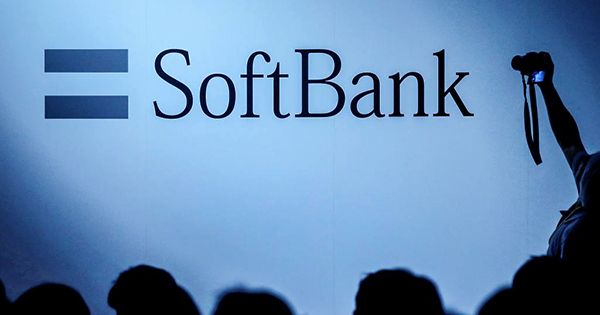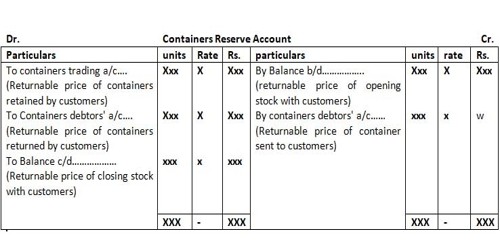Over the past year, companies have continued their ambitious commitment to tackling bias and systemic racism in the recruitment process. But the track record of previous corporate diversification efforts is the shakiest. Is this time going to be different? The answer will also depend on whether companies are able to look inward to understand and break down long-standing practices that often put skilled workers out of scope.
This is because when it comes to the inclusion of equity and recruitment, businesses often stand in their own way. It’s not that hiring directors and corporate executives don’t want to influence change. Rather, over the past year, well-funded business and human resource leaders have invested in short-term, one-time solutions such as hosting events or donating to nonprofits. Make a mistake:
These are not necessarily bad ideas. But these are not systematic and they are not sustainable. It’s like saying that you have to go where you are going on vacation without building a road. This reliance on tried and true solutions is common in almost every aspect of society-hence the popular proverb that military generals are “the last war, not the next war.”
Today’s business leaders are using yesterday’s strategy in an effort to solve tomorrow’s problems. And if companies don’t take a more strategic, data-driven approach to diversification, we’ll look back a year from now and see that despite the best intentions, no further progress has been made. What does it take to make our good intentions better and to make use of that systematic change? Research – and our own experience as corporate leaders – suggests some possible solutions.
First, stop thinking of a college degree as the best proxy for proficiency. Part of the study indicates that the correlation between educational achievement and job performance is weaker than we might think – and that degree requirements systematically deprive black and Hispanic candidates of the right to vote. Not only that, screening based on a bachelor’s degree automatically excludes 60% of American workers, including more than 70 million people without a four-year degree who have the ability to succeed in a high-paying job (sometimes called a star, for efficiency) through alternative routes). Companies can take action now to address this challenge. This may include new techniques that directly measure efficiency.
















